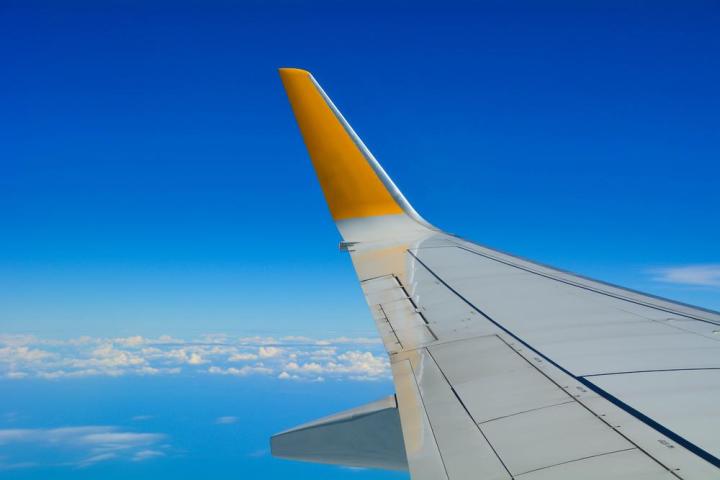
Their research, due to be presented at a Royal Society meeting in London, could have wide scale applications one day; from fixing broken aircraft wings, to producing self-healing nail polish, or even a cure for cracked mobile phone screens.
The process basically involves adding tiny, hollow “microspheres” to a carbon fiber material, which break open whenever a crack forms and release a liquid healing agent. The liquid healing agent then seeps into the damaged area and reacts with a catalyst, triggering a rapid chemical reaction which causes it to harden.
In an exciting turn, preliminary lab tests have revealed that the material is just as strong after it has “healed”, which could possibly give aircraft wings the ability to repair themselves in mid-air. Depending on the outside temperature, the material can take anywhere between a couple hours to a full day to harden completely.
Speaking to The Independent, one member of the team, Professor Duncan Wass, mentioned that inspiration for the technology came from looking at the human body’s ability heal itself. The challenge was simply figuring out a way to build that same sort of function into a synthetic material.
Lately, Professor Wass and his team have been working with aerospace engineers at the University of Bristol, in hopes of finding a way to prevent the tiny, almost undetectable cracks from forming in an aircraft’s wings and fuselage.
Aside from plane wings, the technology has a myriad of other potential applications, and could be used to create self-healing carbon fiber composite materials for golf clubs, tennis racquets, fishing rods, bike helmets, and much more.
Wass said he expects self-healing products to reach consumers in the “very near future”.


